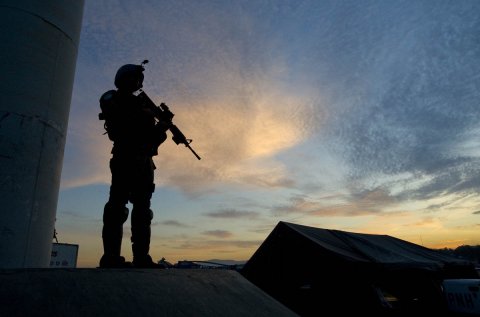Security Council
The Security Council takes the lead in determining the existence of a threat to the peace or an act of aggression. It calls upon the parties to a dispute to settle it by peaceful means and recommends methods of adjustment or terms of settlement. Under Chapter VII of the Charter, the Security Council can take enforcement measures to maintain or restore international peace and security. Such measures range from economic sanctions to international military action. The Council also establishes UN Peacekeeping Operations and Special Political Missions.
General Assembly
The General Assembly is the main deliberative, policymaking and representative organ of the UN. Through regular meetings, the General Assembly provides a forum for Member States to express their views to the entire membership and find consensus on difficult issues. It makes recommendations in the form of General Assembly Resolutions. Decisions on important questions, such as those on peace and security, admission of new members and budgetary matters, require a two-thirds majority, but other questions are decided by simple majority.
How does the UN maintain international peace and security?
Preventive Diplomacy and Mediation
The most effective way to diminish human suffering and the massive economic costs of conflicts and their aftermath is to prevent conflicts in the first place. The United Nations plays an important role in conflict prevention, using diplomacy, good offices and mediation. Among the tools the Organization uses to bring peace are special envoys and political missions in the field.
Peacekeeping
Peacekeeping has proven to be one of the most effective tools available to the UN to assist host countries navigate the difficult path from conflict to peace. Today's multidimensional peacekeeping operations are called upon not only to maintain peace and security, but also to facilitate political processes, protect civilians, assist in the disarmament, demobilization and reintegration of former combatants; support constitutional processes and the organization of elections, protect and promote human rights and assist in restoring the rule of law and extending legitimate state authority. Peacekeeping operations get their mandates from the UN Security Council; their troops and police are contributed by Members States; and they are managed by the Department of Peace Operations and supported by the Department of Operational Support at the UN Headquarters in New York. There are 14 UN peacekeeping operations currently deployed and there have been a total of 71 deployed since 1948. In 2019, the Secretary-General launched the Action for Peacekeeping Initiative (A4P) to renew mutual political commitment to peacekeeping operations.
Peacebuilding
United Nations peacebuilding activities are aimed at assisting countries emerging from conflict, reducing the risk of relapsing into conflict and at laying the foundation for sustainable peace and development. The UN peacebuilding architecture comprises the Peacebuilding Commission, the Peacebuilding Fund and the Peacebuilding Support Office. The Peacebuilding Support Office assists and supports the Peacebuilding Commission with strategic advice and policy guidance, administers the Peacebuilding Fund and serves the Secretary-General in coordinating United Nations agencies in their peacebuilding efforts.
Countering Terrorism
The United Nations is being increasingly called upon to coordinate the global fight against terrorism. Eighteen universal instruments against international terrorism have been elaborated within the framework of the United Nations system relating to specific terrorist activities. In September 2006, UN Member States adopted the United Nations Global Counter-Terrorism Strategy. This was the first time that Member States agreed to a common strategic and operational framework against terrorism.
Disarmament
The General Assembly and other bodies of the United Nations, supported by the Office for Disarmament Affairs, work to advance international peace and security through the pursuit of the elimination of nuclear weapons and other weapons of mass destruction and the regulation of conventional arms.

